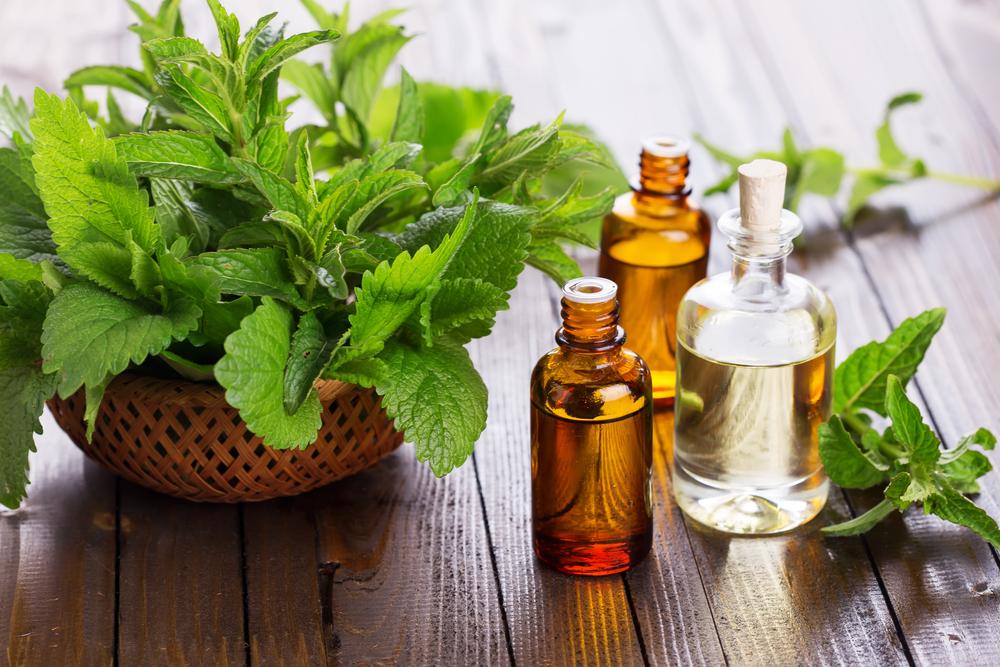History shows a wide range of uses for peppermint as an essential oil, which has been used for over 200 years in ancient Rome and Egypt. Various cultures have used this oil not only for its minty fragrance, but also to symbolize hospitality. Peppermint oil is also a popular oil in medicine due to its therapeutic benefits.
What Is Peppermint Oil?
Peppermint oil is derived from the leaves of the peppermint plant or Mentha pipertita, a hybrid of the water mint and spearmint plants, and M. arvensis var. piperascensa, a plant from the Labiatae family. The essential oil is often used as a home remedy for stomach problems, muscle pain, and headaches. Aside from being available in its oil form, peppermint oil can be found in supplemental capsule form.
Dr. Joseph Mercola is the founder of Mercola.com. An osteopathic physician, best-selling author, and recipient of multiple awards in the field of natural health, his primary vision is to change the modern health paradigm by providing people with a valuable resource to help them take control of their health.
Author’s Selected Articles







